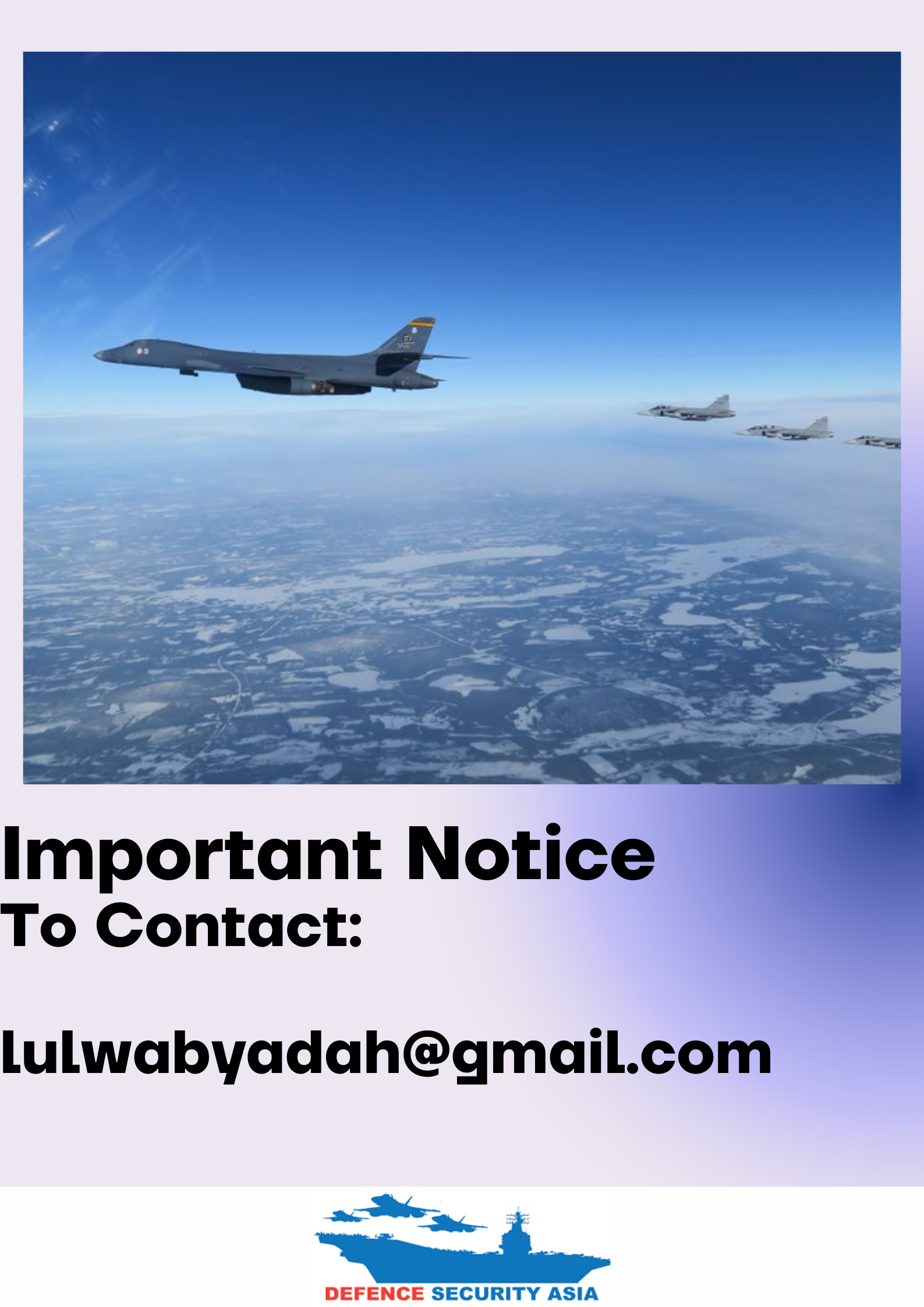Due to Training Aircraft Shortage, UK Forced to Send Pilots Abroad for Training
"The £55 million is a cost we've had to incur to send pilots for training in the United States and Italy. It's a pragmatic solution to the shortage of Hawk T2 training aircraft due to engine problems."
(DEFENCE SECURITY ASIA) — The United Kingdom Ministry of Defence has been compelled to spend additional millions of pounds to send pilots to the United States and Italy for training due to a shortage of training aircraft.
This shortage stems from issues with the engines of the Hawk T2 training aircraft, which has rendered only half of these planes operable for training purposes.
The problems began with the first stage compressor of the Rolls-RoyceTurbomeca Adour 951 engine used by the Hawk aircraft, a critical component identified in 2022 as the source of the issues.
This fault has drastically reduced the aircraft engine’s operational lifespan from 4,000 hours to merely 1,700 hours, necessitating a major overhaul thereafter.
Consequently, the number of aircraft available to train Royal Air Force (RAF) pilots has decreased significantly.

This engine issue has forced the Ministry of Defence to send an additional nine pilots to the US for training, supplementing the six already stationed there, bringing the current total of RAF pilots receiving training abroad to 12.
Local UK media reports indicate that the costs incurred by the Ministry of Defence for pilot training in foreign countries have soared, requiring an additional expenditure of £55 million (approximately RM327 million) to support the overseas training program.
A defence source explained, “The £55 million is a cost we’ve had to incur to send pilots for training in the United States and Italy. It’s a pragmatic solution to the shortage of Hawk T2 training aircraft due to engine problems.”
In response to queries from the Defence Committee in the UK Parliament, the Ministry of Defence disclosed that the cost of sending 15 pilots to the US and Italy for training amounted to £56.4 million (approximately RM336 million).
This training abroad is an integral part of the Ministry’s broader pilot training program.

The RAF routinely sends pilots overseas to broaden their training and development while also enhancing defence relations with allied nations.
According to a Ministry of Defence spokesperson, “Training pilots in foreign countries is routine, and we continue to provide adequate training for pilots who will serve on the front lines.”
“As part of our mitigation measures to address the impact of the Hawk T2 aircraft shortage, a small number of UK pilots are trained in foreign countries,” the spokesperson added. — DSA



Comments are closed.